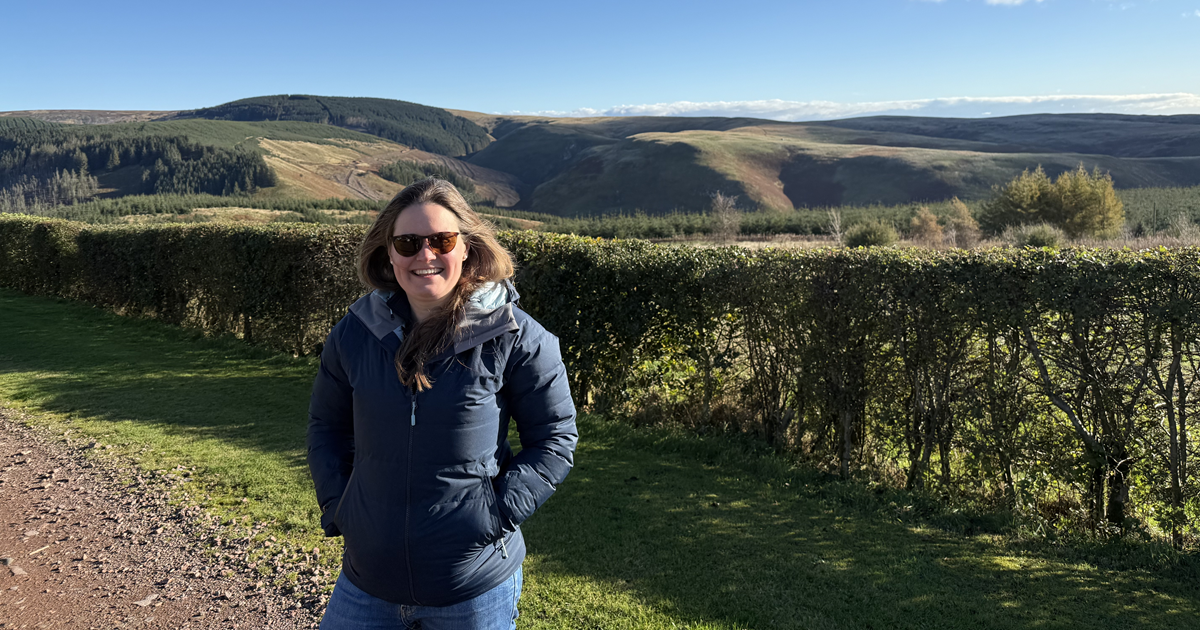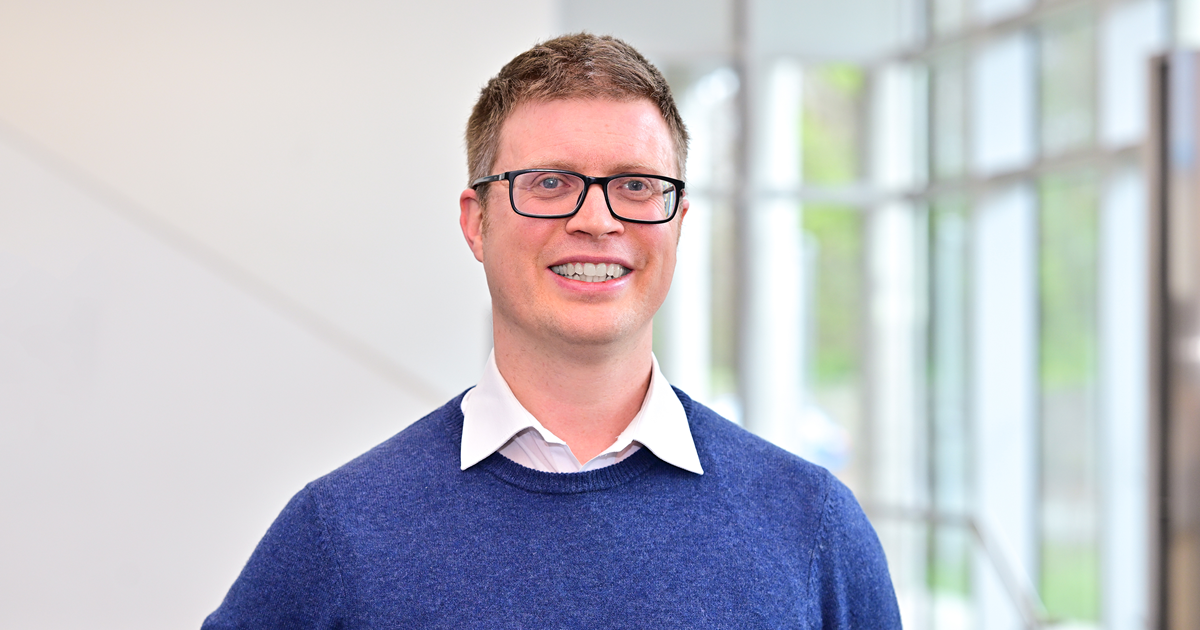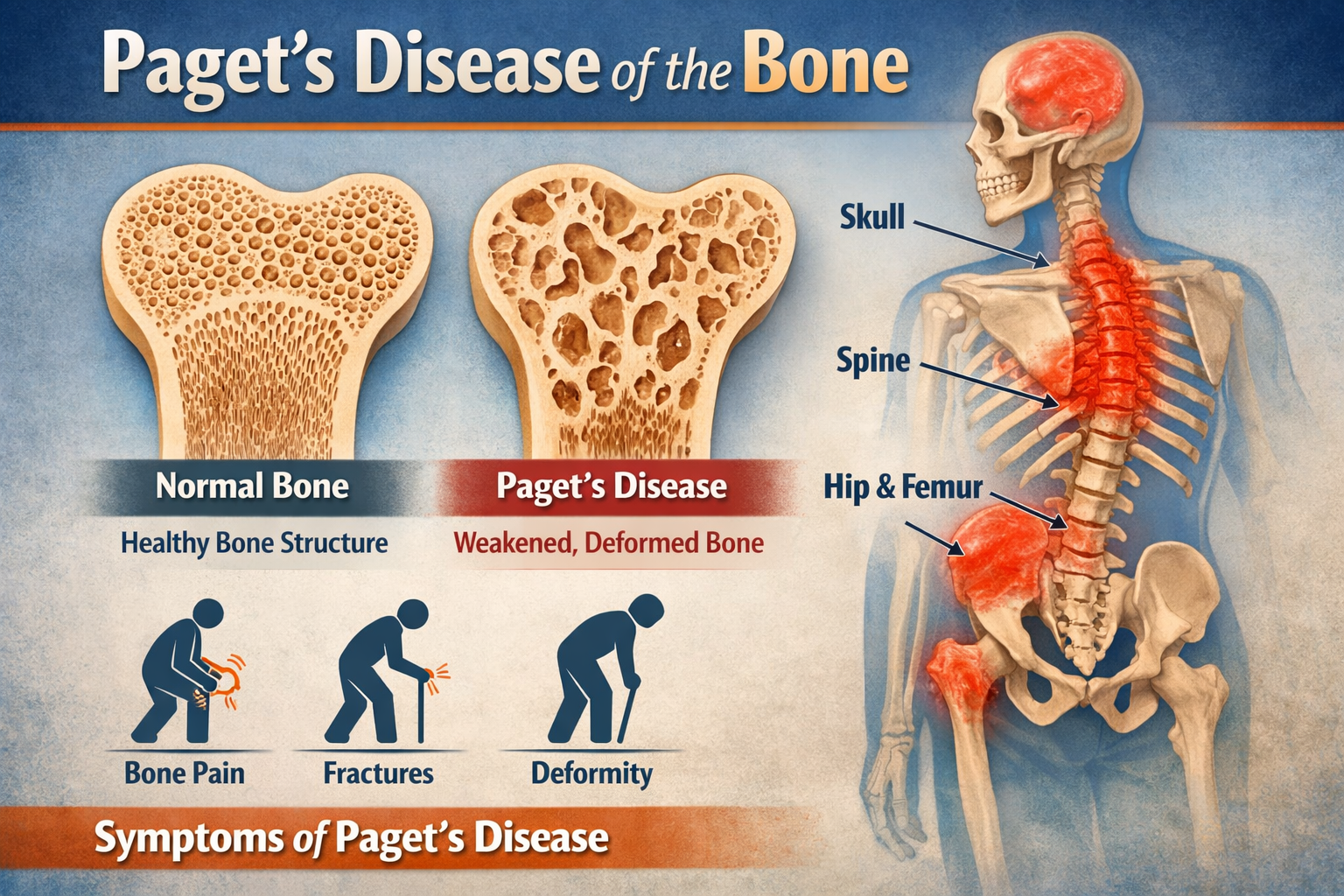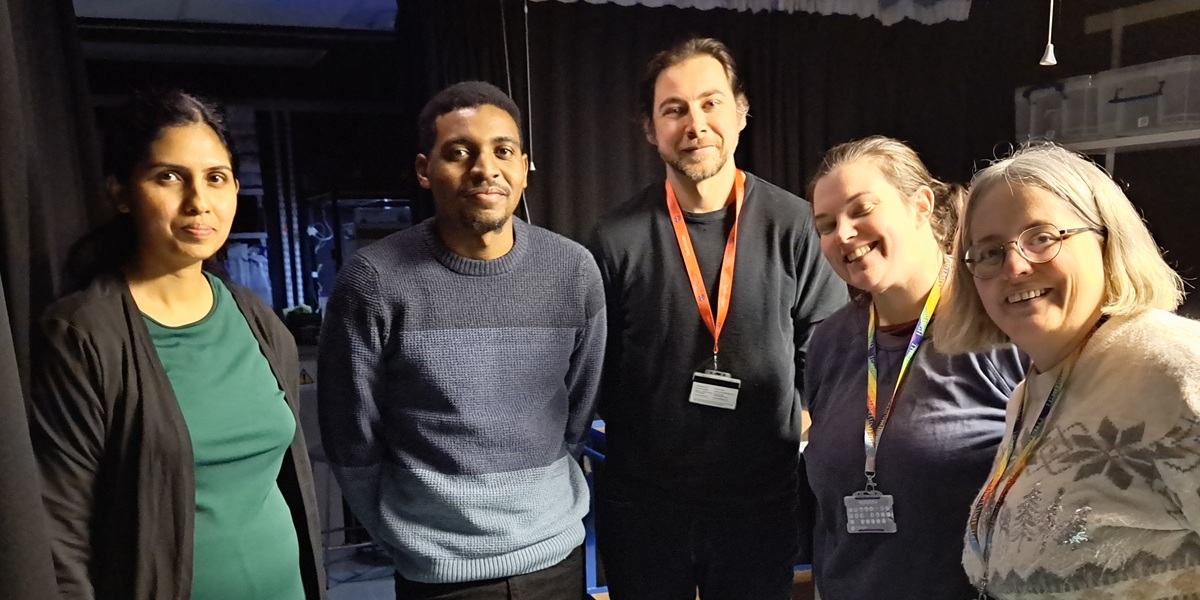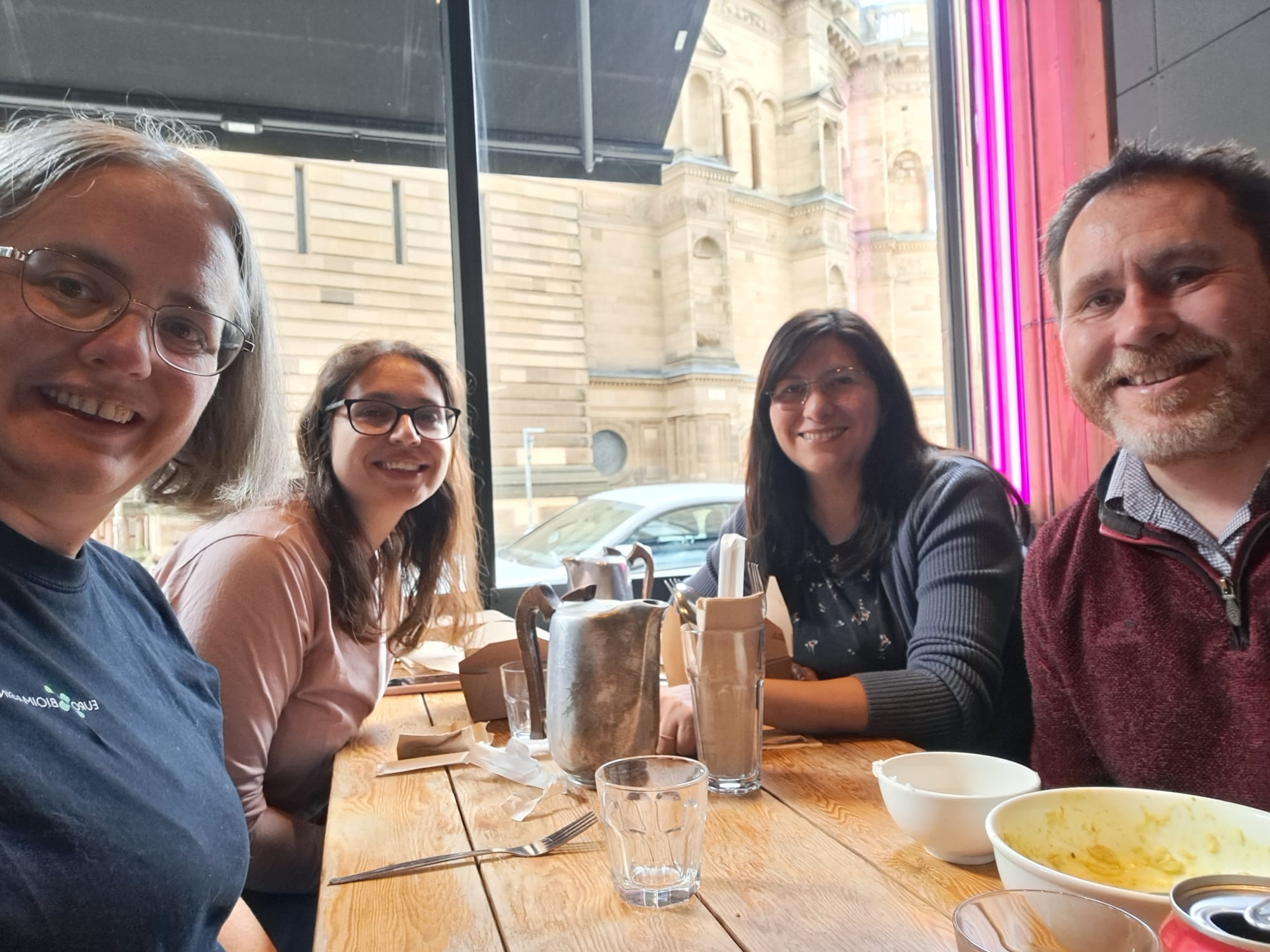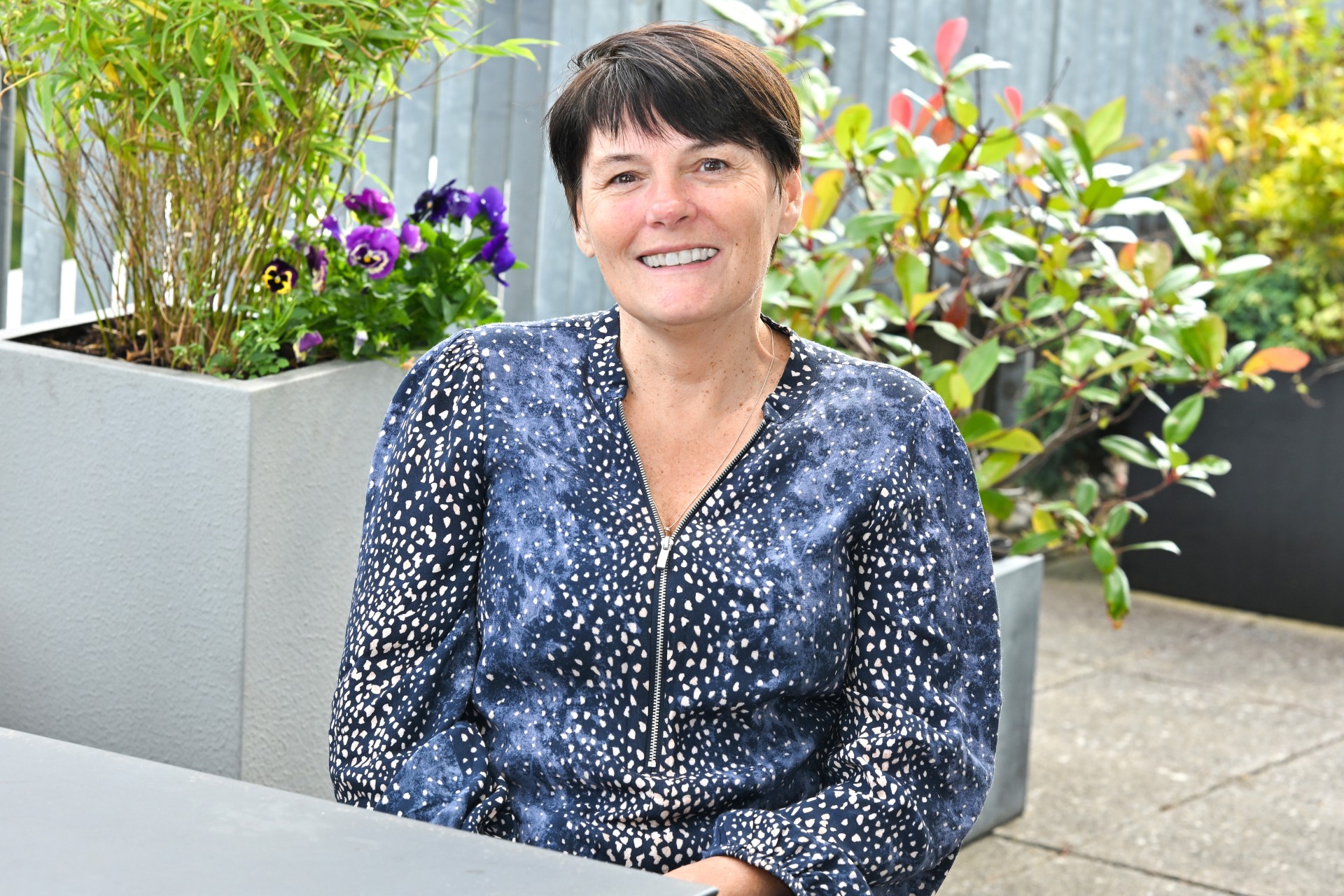With applications invited for the August 2026 ECAT-i (Edinburgh Clinical Academic Track – inclusive) intake, Antonia Churchhouse talks about her experience of taking part in the programme. Antonia applied to the University of Edinburgh’s ECAT programme in her first year as a Gastroenterology Registrar. I was really keen to do a lab-based PhD, learning core techniques that […]
After completing his medical degree and starting training in anaesthetics, Dr Andrew Bretherick decided to follow his dream and pursue a clinical academic career by applying for the Edinburgh Clinical Academic Track (ECAT) programme. I knew I wanted to do science, and wanted an academic career, and ECAT was always on my radar. For me, […]
Having moved into his eighth decade, Professor of Rheumatology Stuart Ralston is taking flexible retirement but he has no immediate plans to slow down. His office desk, on the third floor of the North Building at the Institute of Genetics and Cancer (IGC), is littered with papers and books he has contributed to, including Davidson’s […]
Paget’s Awareness Day is held annually on 11 January and this year’s focus is on pain – one of the most significant aspects of Paget’s disease. Researchers at the Institute of Genetics and Cancer have found that in Paget’s disease of bone (PDB) there is abnormal processing of sensory signals, but this only applies to […]
Last week, our IGC Advanced Imaging Resource had the pleasure of hosting Sakunthala Mudiyanselage and Anesu Muriritirwa for a day, thanks to the Scottish Research Technicians’ Professional Academy (STRP) job shadowing programme. This initiative, backed by the Wellcome – InFrame Culture Catalyst Fund, highlights the importance of supporting technicians’ career paths across universities in Scotland. […]
The EVOLVE project showcases how structured mentoring and immersive job shadowing can empower researchers to learn, connect and share expertise across borders, strengthening a collaborative bioimaging community throughout Europe. The recent experience of Patrícia Rodrigues, from the Gulbenkian Institute for Molecular Medicine (GIMM) in Lisbon, part of the Portuguese Platform of BioImaging (PPBI), perfectly illustrates the […]
By Sunandan Mukherjee, Laboratory of Bioinformatics and Protein Engineering, International Institute of Molecular and Cell Biology in Warsaw When we think of a research visit abroad, we often imagine long hours in the lab, scientific discussions, and perhaps the occasional sightseeing weekend. My journey to the Institute of Genomics and Cancer (IGC) at the University of Edinburgh, however, […]
by Lu Luque A couple of weeks ago I was asked to write something for Ada Lovelace Day, and I felt that bright, unmistakable jolt—thrilled, grateful, a little awed. I would take any chance to honour this woman. But I want to honour her properly—not with a polite nod to a portrait on the wall, […]
Gunjan Sinha, from the Max Delbrück Center in Berlin, interviewed Yun-Hsuan Huang about her experience of spending two weeks in Professor Nick Gilbert’s lab at the Institute of Genetics and Cancer as part of a PhD exchange program in Medical Systems Biology. How did you first hear about the exchange program? I came across […]
At the start of Breast Cancer Awareness Month, Professor Lesley Stark talks about the challenges of being diagnosed with cancer while working in cancer research. Lesley, a professor at the Institute of Genetics and Cancer specialising in colon cancer, was diagnosed with breast cancer in 2023. When she was due to attend a routine mammogram […]


